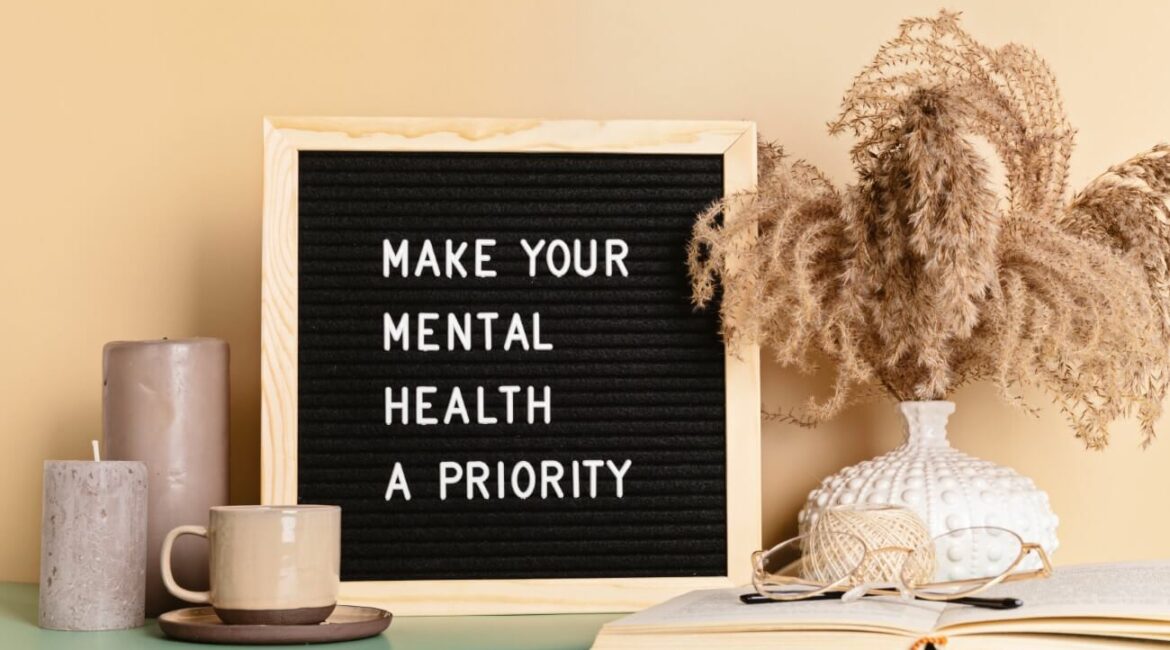Hello, my friends! I’m Jane, and life throws us curveballs sometimes, right? It’s how we respond to those curveballs that can make all the difference. In this guide, we’ll delve into the world of coping mechanisms, exploring what’s healthy and what’s not. So, let’s get started on this journey towards better coping.
Understanding Coping Mechanisms
Healthy Coping Mechanisms:
- Physical Activity: Exercise is a great stress reliever. Whether it’s a jog, yoga, or dancing, moving your body can work wonders.
- Mindfulness and Meditation: These practices help you stay present and manage stress.
- Talking it Out: Sharing your thoughts and feelings with a trusted friend or therapist can be incredibly therapeutic.
Unhealthy Coping Mechanisms:
- Substance Abuse: Turning to drugs or alcohol to numb emotional pain is a dangerous path.
- Emotional Eating: Using food to cope can lead to unhealthy habits and weight gain.
- Avoidance:* Ignoring problems or bottling up emotions only makes matters worse.
Identifying Healthy Coping Strategies
Recognize Triggers:
- Pay attention to what triggers your stress or emotions. Identifying these triggers is the first step to managing them.
Build a Support System:
- Surround yourself with people who provide emotional support. Lean on friends, family, or a therapist when needed.
Practice Self-Compassion:
- Be kind to yourself. It’s okay to have rough days. Treat yourself with the same kindness you’d offer a friend.
Using Creative Outlets as Coping Mechanisms
Express and Process
One of the most effective ways to cope with stress and emotional upheaval is by channeling it into creative outlets. Drawing, painting, writing, or even playing a musical instrument can serve as powerful tools for self-expression. These methods not only allow for a release of pent-up emotions but also help in introspection and self-awareness. For those interested in exploring art as therapy, The Art Therapy Sourcebook on Amazon is a fantastic resource that provides easy-to-use exercises to help people explore their feelings through creative activities.
Nature as a Healing Tool
Reconnecting with the Earth
Being in nature and immersing oneself in natural surroundings can have a calming and therapeutic effect. Activities such as gardening, hiking, or simply taking a walk in a park can help reduce anxiety and offer a respite from the daily grind. For individuals keen on understanding the healing powers of nature, The Nature Fix: Why Nature Makes us Happier, Healthier, and More Creative on Amazon delves into scientific studies on the benefits of spending time outdoors.
Digital Detox for Mental Well-being
Unplug and Unwind
In the digital age, being constantly connected can exacerbate stress and anxiety. Taking deliberate breaks from screens, whether it’s social media, news, or work-related tasks, can help reset and recharge the mind. Digital Minimalism: Choosing a Focused Life in a Noisy World on Amazon offers actionable advice on reducing digital distractions and embracing a more intentional and balanced life.
Engaging in Group Activities
Strength in Numbers
Participating in group activities, whether it’s a sports team, a book club, or group therapy, can provide social support and a sense of belonging. Sharing experiences and emotions in a collective setting can be incredibly validating. For those curious about group therapy’s effectiveness, The Theory and Practice of Group Psychotherapy on Amazon is a comprehensive guide that sheds light on the dynamics and benefits of group-based therapy.
Empowering through Knowledge and Learning
Equip and Conquer
Sometimes, understanding the why and how of emotions can serve as a powerful coping tool. Reading up on psychology, emotional intelligence, and self-help can equip individuals with knowledge to navigate challenges more adeptly. A highly recommended read is Emotional Intelligence 2.0 on Amazon, which offers strategies to increase self-awareness and improve interpersonal relationships.
Ultimately, coping is a deeply personal journey, and what works for one person might not necessarily resonate with another. The key is exploration, self-awareness, and seeking help when needed. Stay strong, embrace positivity, and remember that every challenge offers an opportunity for growth.
FAQs
Is it okay to seek professional help for coping with stress and emotions?
Absolutely. Therapists and counselors are trained to help you navigate difficult emotions and develop healthier coping strategies.
How can I break free from unhealthy coping habits?
Breaking unhealthy habits takes time and effort. Start by identifying the habit, then seek alternative ways to cope, such as talking to a friend or engaging in a hobby.
Can unhealthy coping mechanisms be a sign of a more serious issue?
Yes, sometimes unhealthy coping mechanisms can be a symptom of a deeper issue. It’s crucial to reach out to a mental health professional if you’re concerned.
What’s the biggest advantage of adopting healthy coping mechanisms?
Healthy coping strategies improve your mental and emotional well-being. They can lead to reduced stress, better relationships, and increased resilience.
Adopting healthy coping mechanisms can greatly improve your mental and emotional well-being. Recognizing and addressing unhealthy habits is the first step toward positive change. Remember, you’ve got the strength to choose healthier ways to cope with life’s challenges.
Be kind to yourself, and keep moving forward!
- Transform Your Health with Medford Medical Weight Loss Program - June 9, 2025
- A Chat with Nate and Mika, Christian Wedding Photographers - July 18, 2024
- Ultimate Guide To Playing Online Casinos - May 27, 2024








